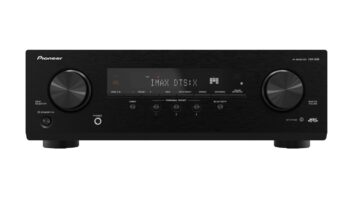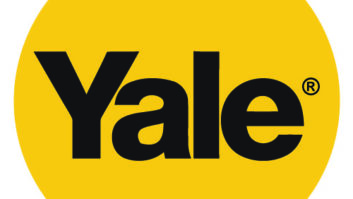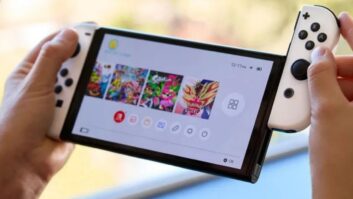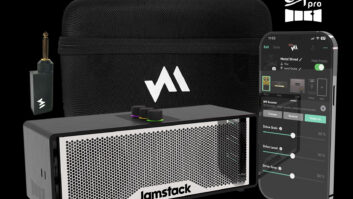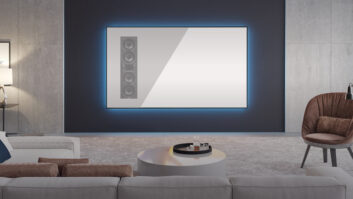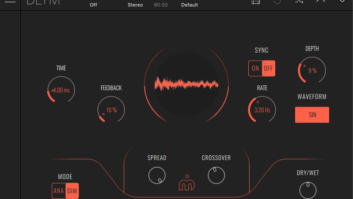Washington — The Consumer Electronics Association this week filed with the Federal Communications Commission what it calls “a consensus proposal” of the CE and IT industries to end the stalemate over bringing full-line plug-and-play competition to digital devices that work on cable systems.
The multipoint proposal, which was backed by 12 companies, addresses some key issues that have kept the consumer electronics and cable television industries at loggerheads for more than two years, including steps to quickly make two-way plug-and-play devices available at retail.
Among the points of the proposal is a call for allowing CE manufacturers to produce non-Open Cable Applications Platform (OCAP) two-way cable products that would make basic services available as well as permit ordering and accessing such two-way content as video-on-demand and pay per view.
OCAP is a middleware program, in effect an operating system, that allows consumers to easily connect OCAP-enabled TVs and other CE devices to a digital cable system to take advantage of two-way cable applications and the advanced functionality of the OCAP systems. Among the benefits are VOD, increased security, easy portability between systems and devices and a variety of interactive services.
The consensus statement said cable companies have shown little interest in adding OCAP middleware in lesser-featured set-top devices, and cable MSO’s Comcast and Charter have sought CableCARD waivers from the FCC for such equipment.
Other points brought out in the proposal included a specific list of technical, licensing and regulatory objectives to resolve outstanding plug-and-play issues that have been under negotiation since early 2003.
In addition, a technical proposal was added to facilitate enhancements to a new generation of CableCARDS.
Companies signing the proposal included Dell, Hitachi, Intel, JVC, Microsoft, Mitsubishi, Philips, Pioneer, Sharp, Sony, Toshiba and TTE.
Those noticeably absent from the list included LG, Panasonic and Samsung, each of which had previously signed OCAP and the CableLabs CableCARD Host Interface Licensing Agreement (CHILA). The latter uses OCAP as its base and defines the interface between a digital cable receiver or set-top box and the CableCARD module distributed by the cable operator, providing a standard platform for two-way interactive devices.
In a statement on the proposal, Sony Electronics executive VP Michael Williams said, “This proposal, if implemented by the FCC, would create a diverse, competitive market for cable plug-and-play products. It also would finally allow CE and IT companies to provide consumers with the benefits of innovation, competitive pricing and product choice as has long been the intent of Congress and the Commission.”
Gary Shapiro, CEA president/CEO, said “today we are offering a solution that would give consumers the widest choices in both equipment and services. We hope this will be a breakthrough toward a win-win plug-and-play environment that meets all consumer needs.”





